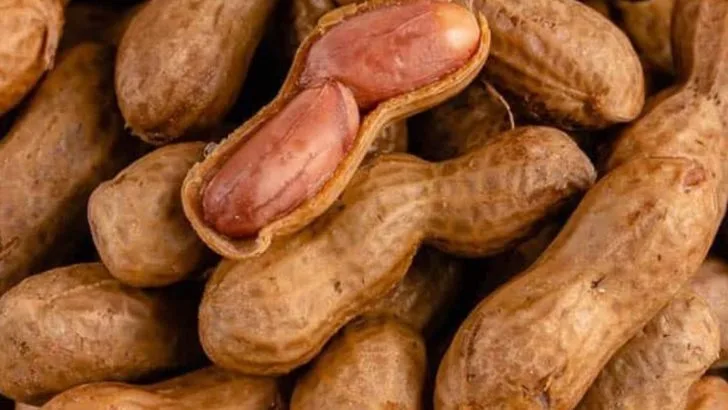Not everything we consider “healthy” is actually good for birds. In fact, many well-meaning backyard bird lovers unknowingly offer foods that can cause digestive issues, nutrient imbalances, or even long-term harm to feathered visitors.
In this guide, we’ll reveal 15 common foods people often feed birds — thinking they’re helpful — that are actually best avoided. We’ll also suggest 8 bird-safe alternatives that support energy, health, and natural behavior without risk.
Because if you want your garden to be a true bird haven, it starts with offering the right kind of nourishment.
Bread
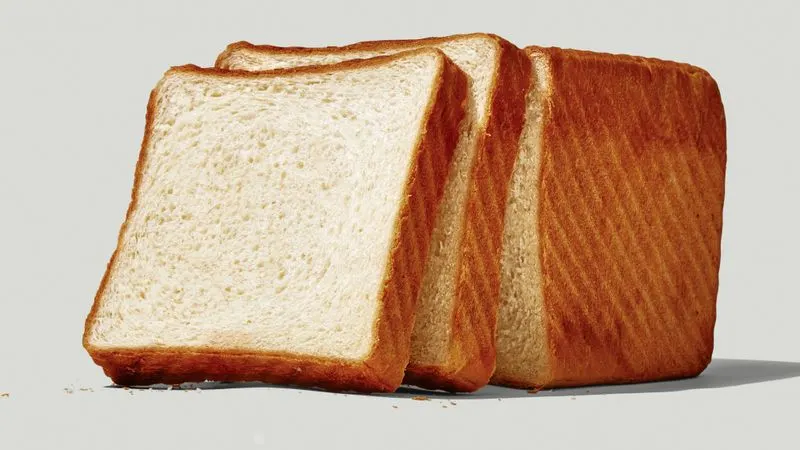
Though bread seems harmless, it’s mostly filler with little nutritional value for birds. It can leave them feeling full yet undernourished, potentially leading to malnutrition. Moldy bread, in particular, poses a risk as it can be toxic. Instead, opt for seeds or nuts that offer essential nutrients without added sugars or preservatives.
Avocado
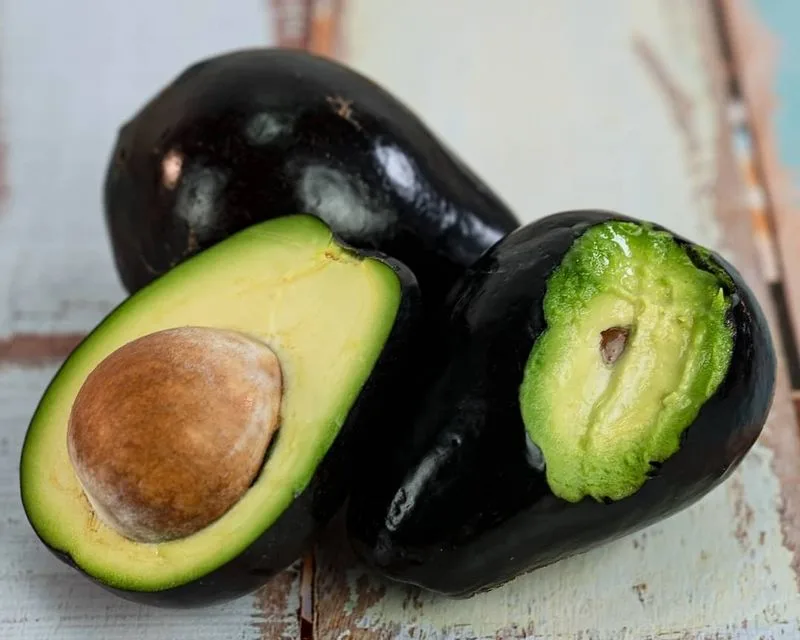
Avocados contain persin, a compound toxic to birds, affecting their heart and lung function. Even a small amount can be harmful, causing symptoms ranging from lethargy to heart failure. It’s best to avoid offering avocados altogether and choose fruits like apples or berries, removing any seeds or pits to ensure safety.
Chocolate
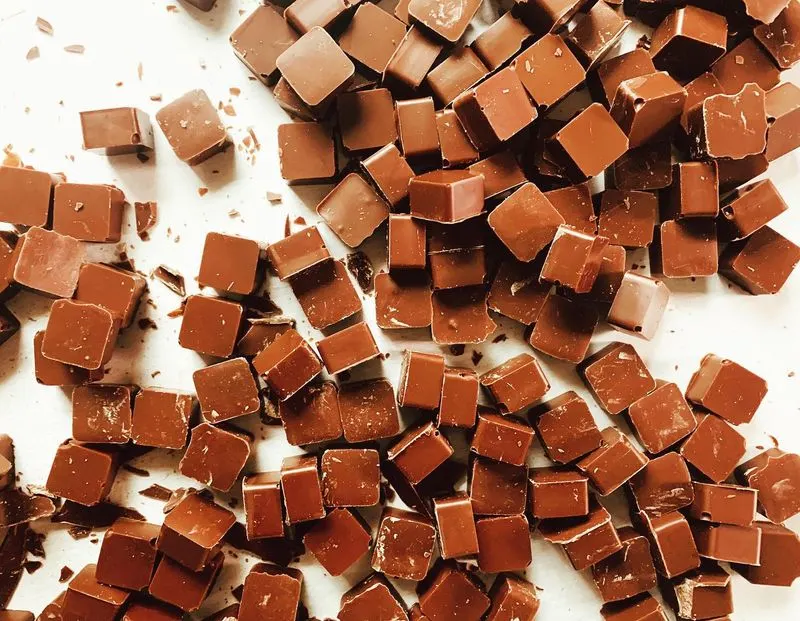
Chocolate contains theobromine, a stimulant highly toxic to birds. Even minor exposure can lead to seizures or death. It’s a common misconception that birds might enjoy chocolate like humans do, but the risks far outweigh any perceived benefits. Instead, fresh fruits or bird-safe treats are a better choice.
Salted Snacks
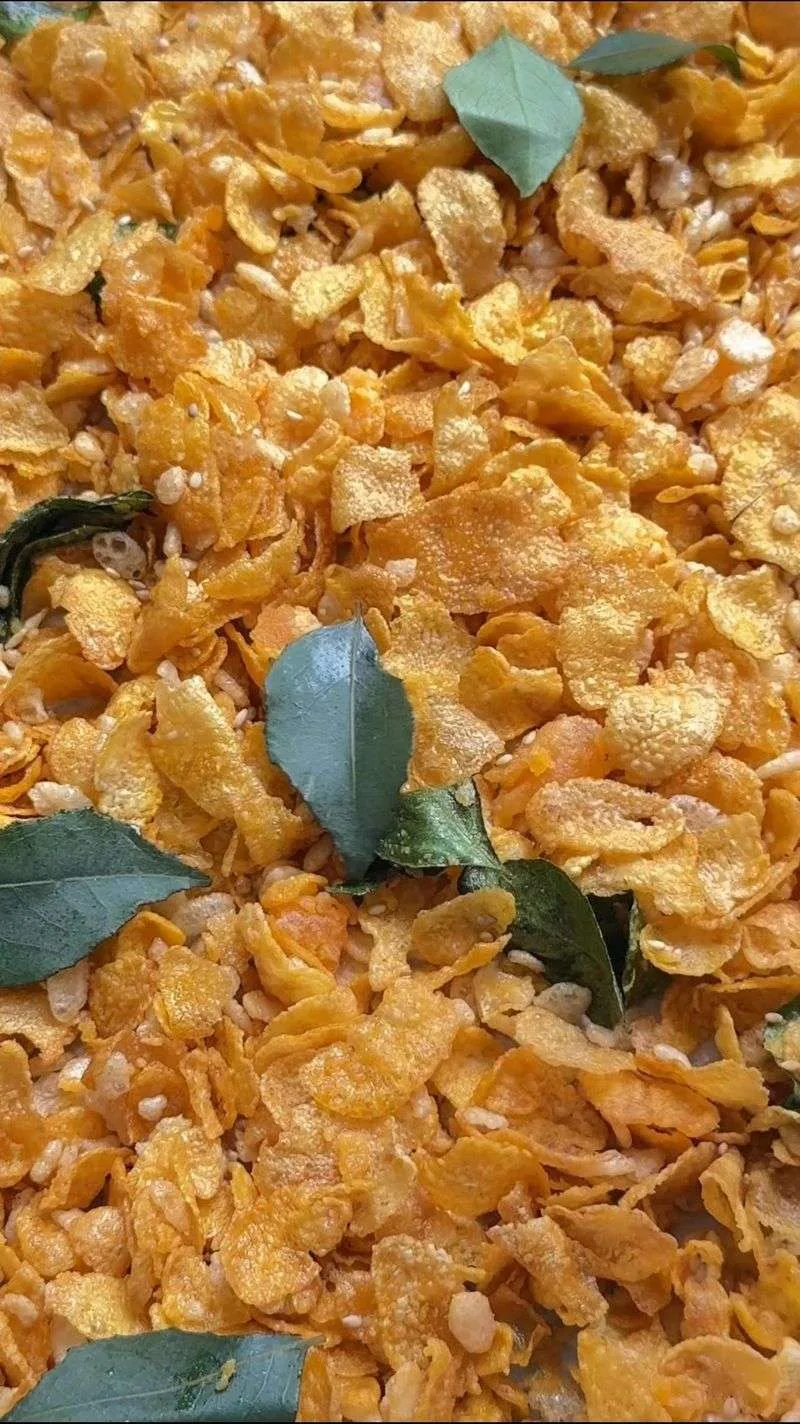
Too much salt can disrupt a bird’s electrolyte and fluid balance, leading to severe health issues including kidney failure. Birds are particularly sensitive to sodium, so even a small portion of salted snacks can pose a significant risk. It’s best to stick with unsalted seeds or nuts as a safer alternative.
Onions and Garlic
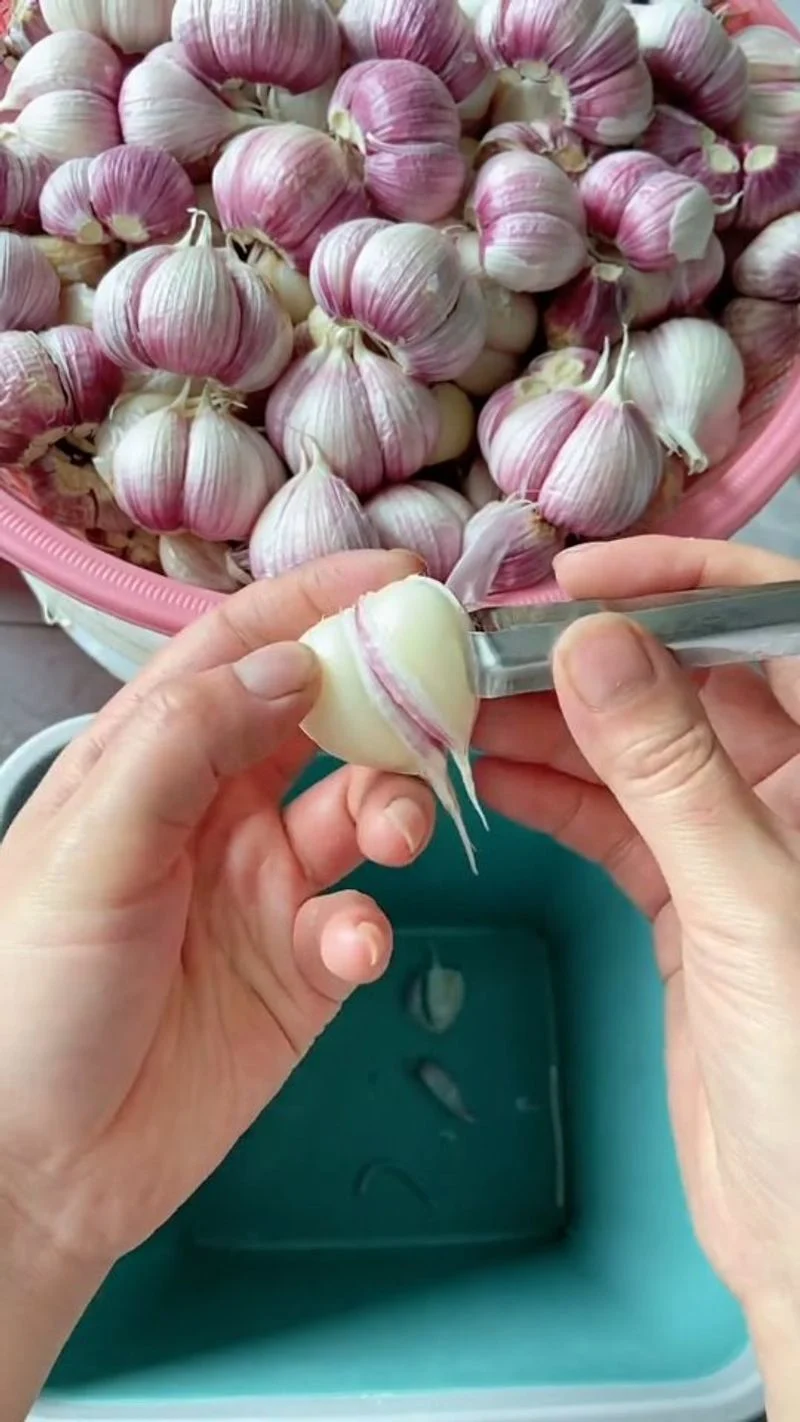
While onions and garlic may be staples in human cooking, they can cause serious harm to birds. These vegetables contain compounds that can irritate a bird’s digestive system or damage red blood cells, leading to anemia. Offering plain grains or vegetables like carrots or peas is a safer choice.
Fruit Pits and Seeds
Fruit pits and seeds, particularly from apples and cherries, contain cyanide compounds which are toxic to birds. It’s crucial to remove these before offering fruit. Opt for seedless fruit options or commercially prepared bird treats to ensure you’re providing a safe snack.
Dairy Products
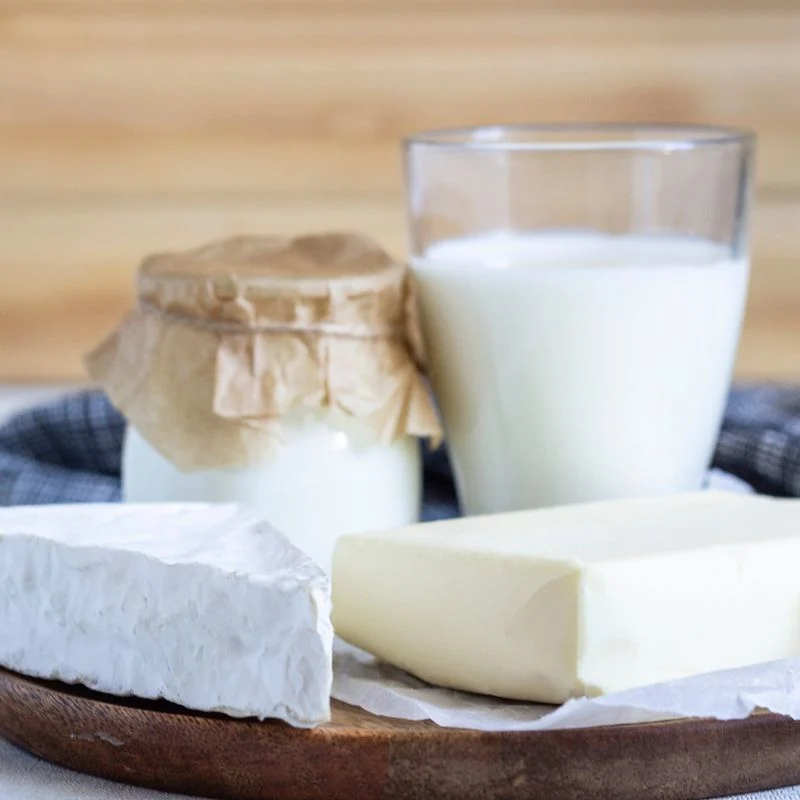
Birds lack the enzyme lactase, making them lactose intolerant. Dairy can cause digestive issues like diarrhea and discomfort. Instead of milk or cheese, provide calcium-rich alternatives such as leafy greens or specially formulated bird supplements that support their dietary needs.
Caffeine
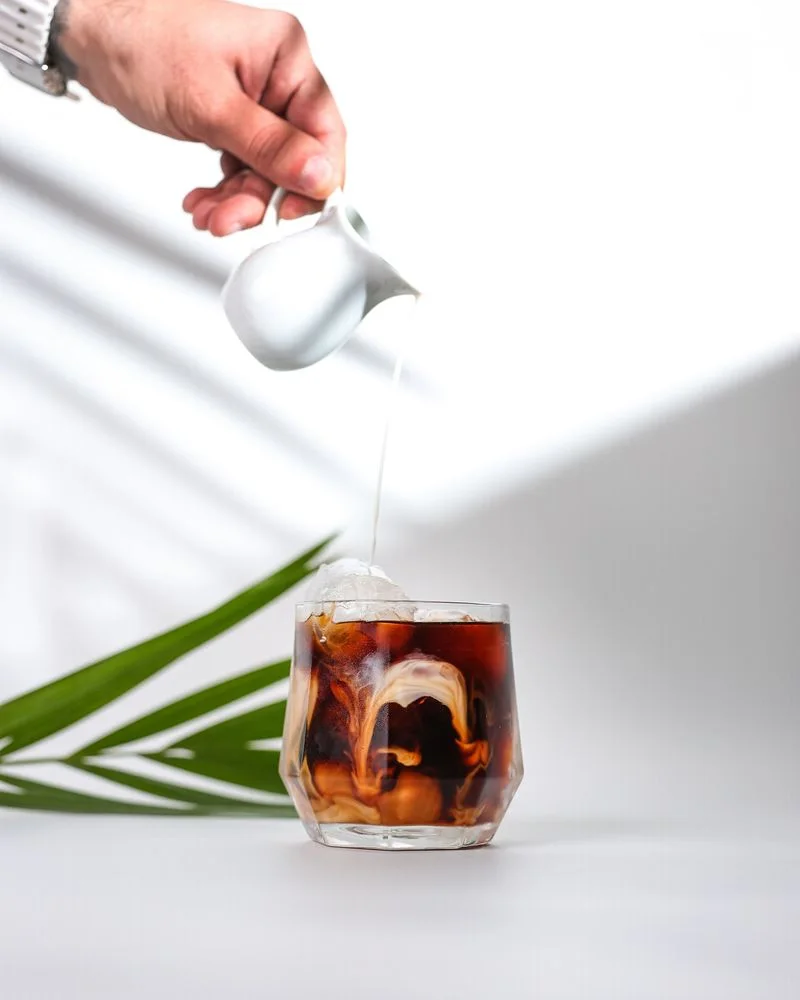
Caffeine is a potent stimulant and can cause rapid heart rate, hyperactivity, or even cardiac arrest in birds. There’s no safe amount for birds, and even small sips can have severe effects. It’s safer to offer fresh water or bird-safe herbal teas, ensuring a healthy hydration option for your feathered visitors.
Raw Meat
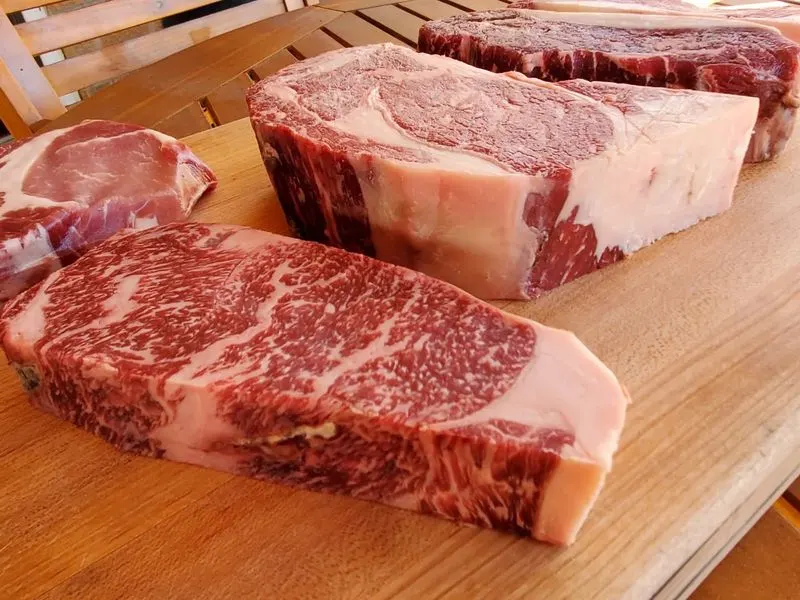
Raw meat can harbor harmful bacteria like Salmonella, posing serious health risks to birds. While some birds are natural scavengers, offering raw meat can lead to illness. Opt for cooked, unseasoned meats or insects, which align more closely with their natural diet and ensure safety.
Apple Seeds
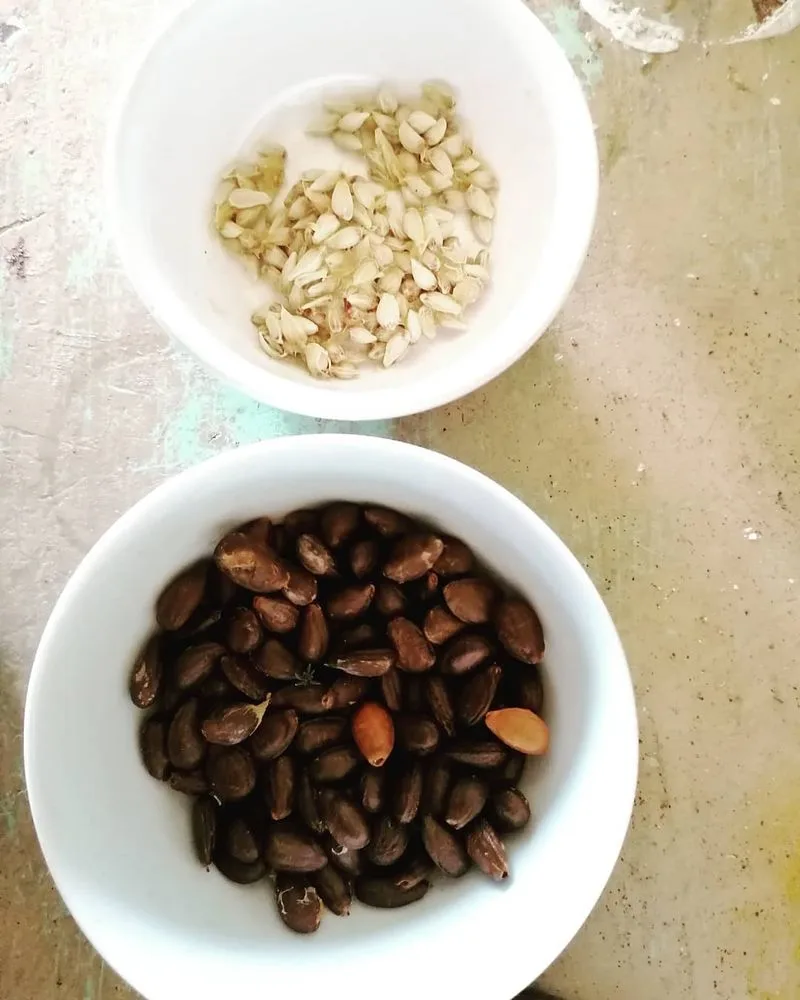
Apple seeds contain cyanide compounds, which, although harmless to humans in small amounts, can be dangerous to birds. When offering apples, it’s imperative to remove all seeds to prevent toxicity. Opt for seedless apple slices to provide a delicious yet safe treat for your avian friends.
Mushrooms
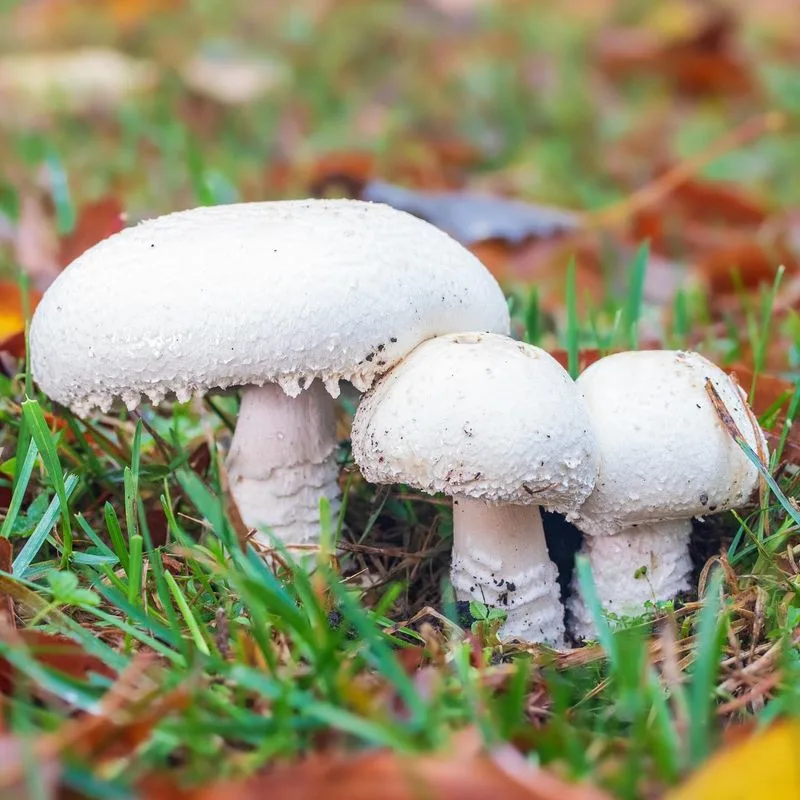
Mushrooms can be toxic to birds, especially the wild varieties, as they may contain harmful compounds affecting the liver or digestive system. Even store-bought mushrooms can pose a risk if not properly identified. It’s best to avoid mushrooms altogether, providing safer vegetable options instead.
Soda and Sugary Drinks
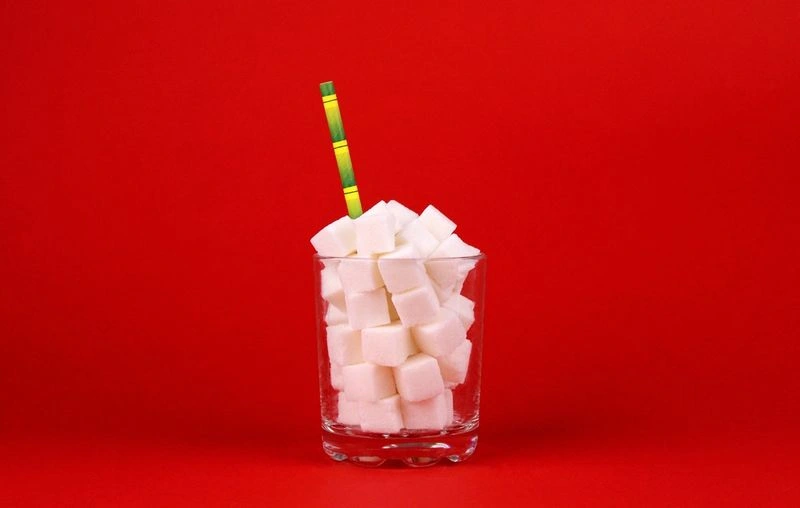
Sugary drinks and sodas provide no nutritional benefit to birds and can lead to obesity or metabolic disorders. The high sugar content can also disrupt their natural dietary balance. Clean, fresh water or bird-friendly juices are much healthier alternatives, contributing to overall well-being and hydration.
Honey
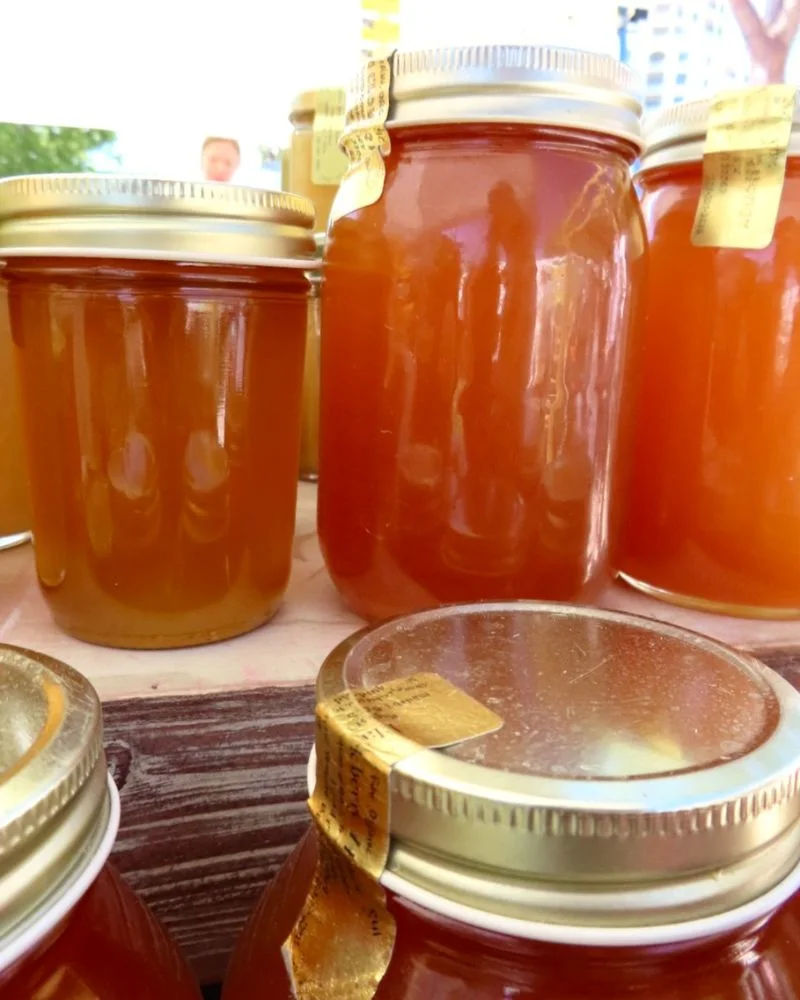
While natural, honey can harbor bacteria that produce botulism toxin, posing a risk to birds. This toxin can cause serious illness or even death. Instead of honey, offer sugar-free, bird-safe nectars or syrups specifically designed for avian consumption to ensure their safety and health.
Chips and Crackers
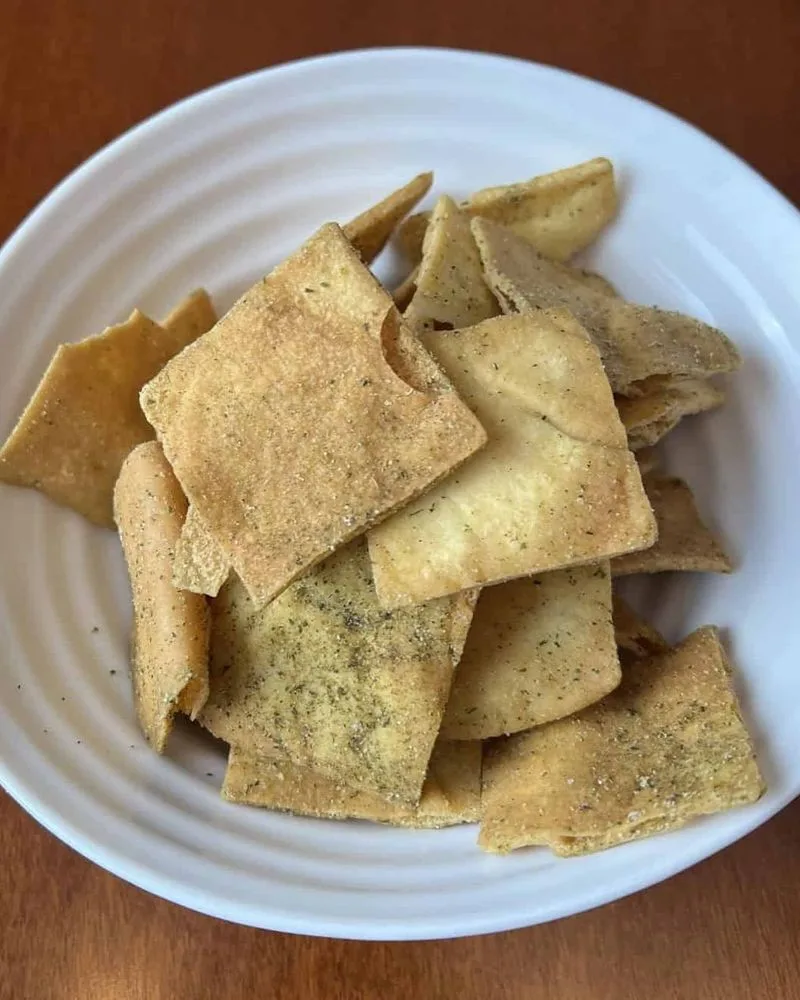
Chips and crackers are high in salt and fats, neither of which are suitable for birds. They offer little nutritional value and can lead to obesity or heart problems. Instead, unsalted nuts or seeds provide healthier snack options, offering essential nutrients without the dangers of processed foods.
Safe Alternative: Sunflower Seeds
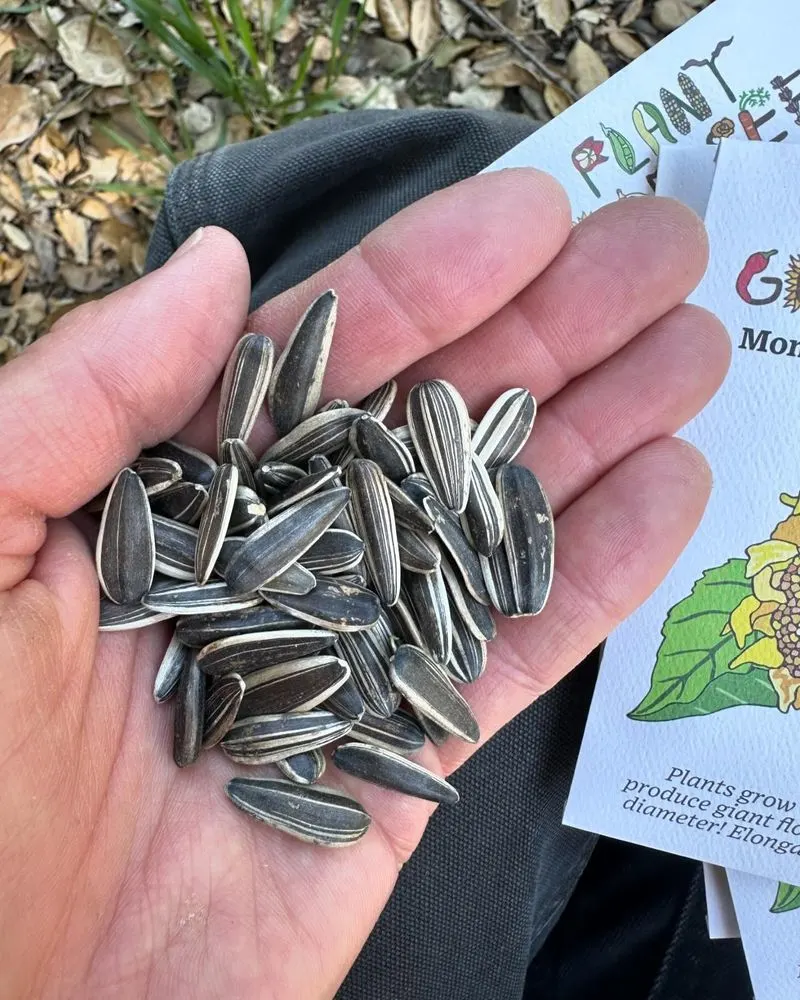
Sunflower seeds are a favorite among many bird species. They provide a good source of fat and protein, crucial for energy and growth. Ensure they’re unsalted to avoid any health issues. Offering sunflower seeds can attract a variety of birds, enhancing your bird-watching experience.
Safe Alternative: Millet
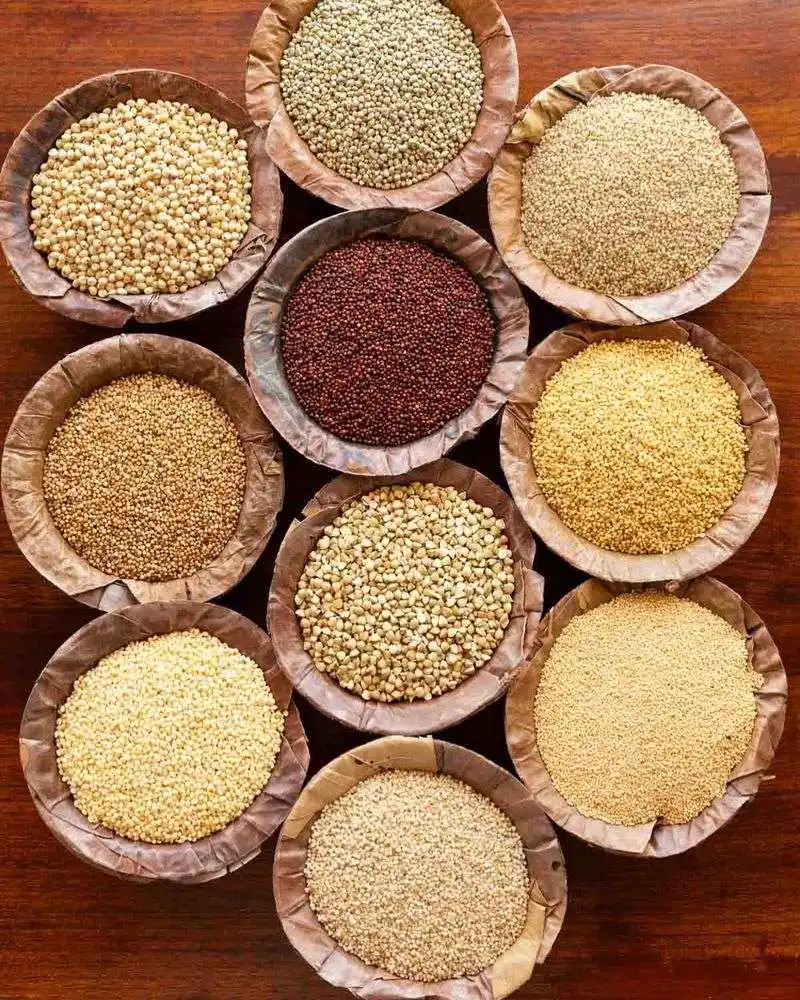
Millet is a staple in many bird diets, offering energy and essential nutrients. It’s particularly favored by small birds such as finches and sparrows. Millet can be scattered on the ground or placed in feeders, providing a versatile option that meets the dietary needs of various bird species.
Safe Alternative: Peanuts
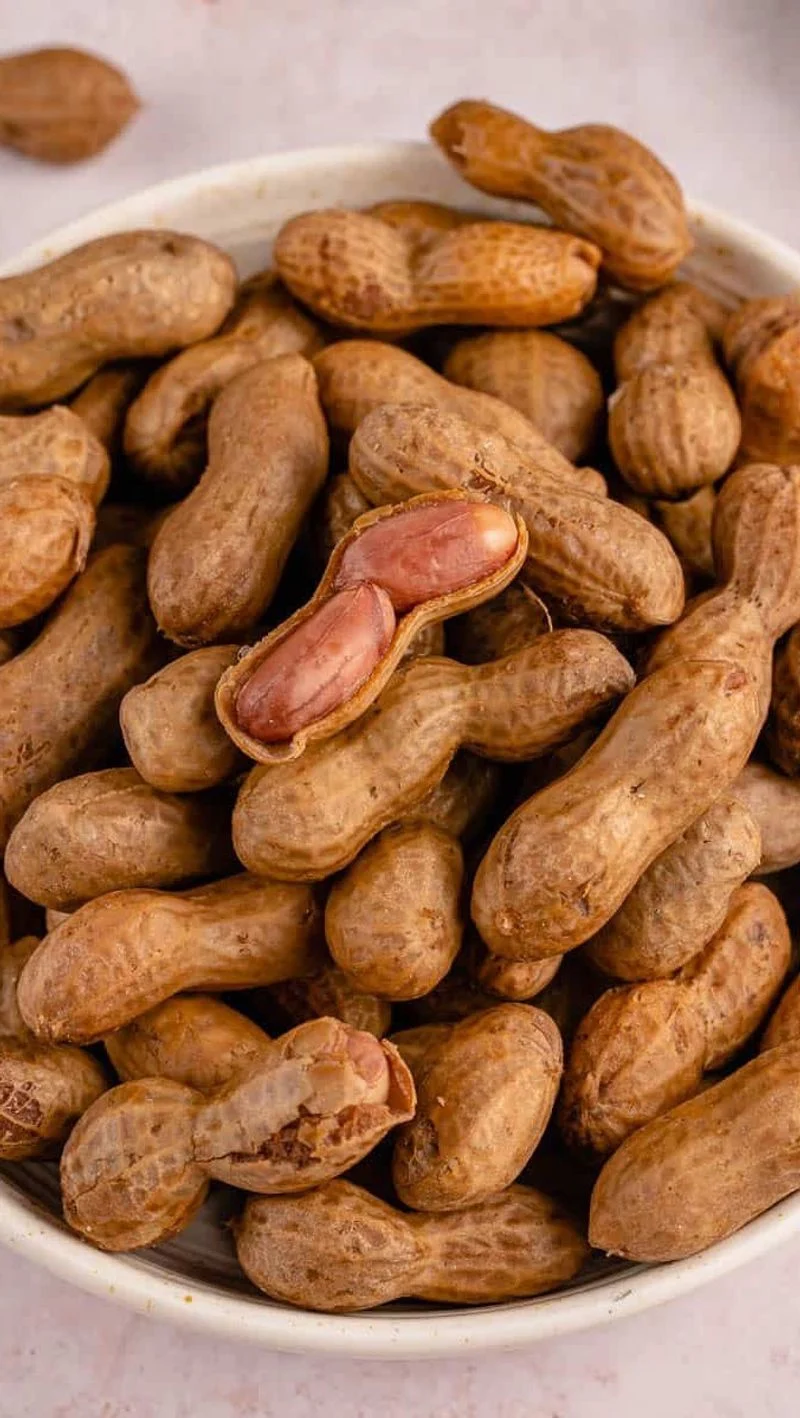
Peanuts offer a rich source of protein and fat, beneficial for energy and growth. They should be unsalted and free from coatings or flavorings. Crushed peanuts are ideal for smaller birds, while larger birds can handle whole nuts. Ensure they’re stored properly to prevent mold development.
Safe Alternative: Suet
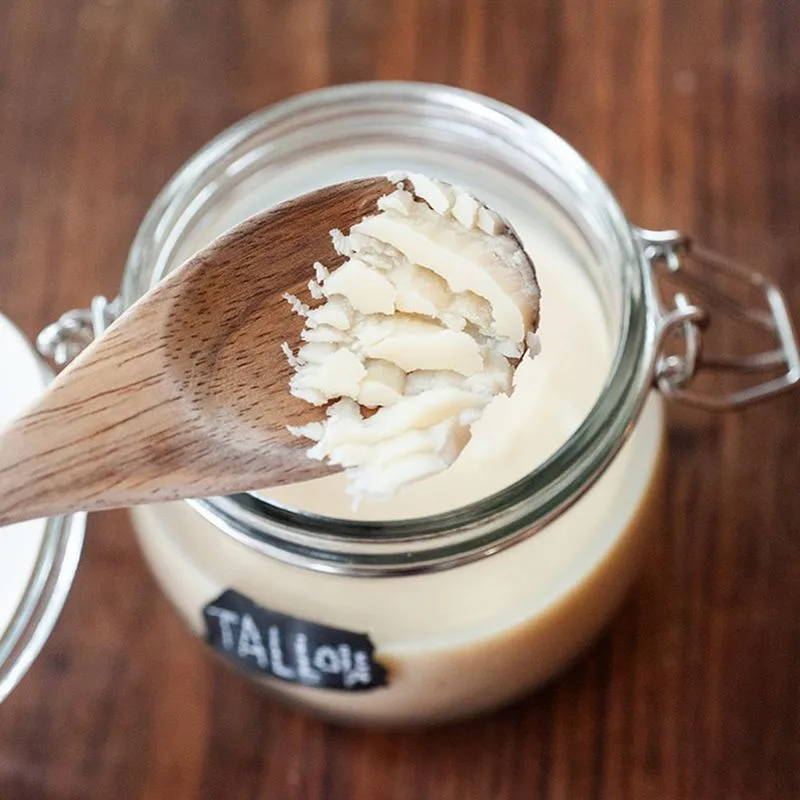
Suet is an excellent energy source, particularly valued in winter for its high-fat content. It supports birds in cold weather by providing quick and lasting energy. Suet can be offered plain or mixed with seeds and fruits, catering to diverse bird preferences and enhancing feeding opportunities.
Safe Alternative: Mealworms
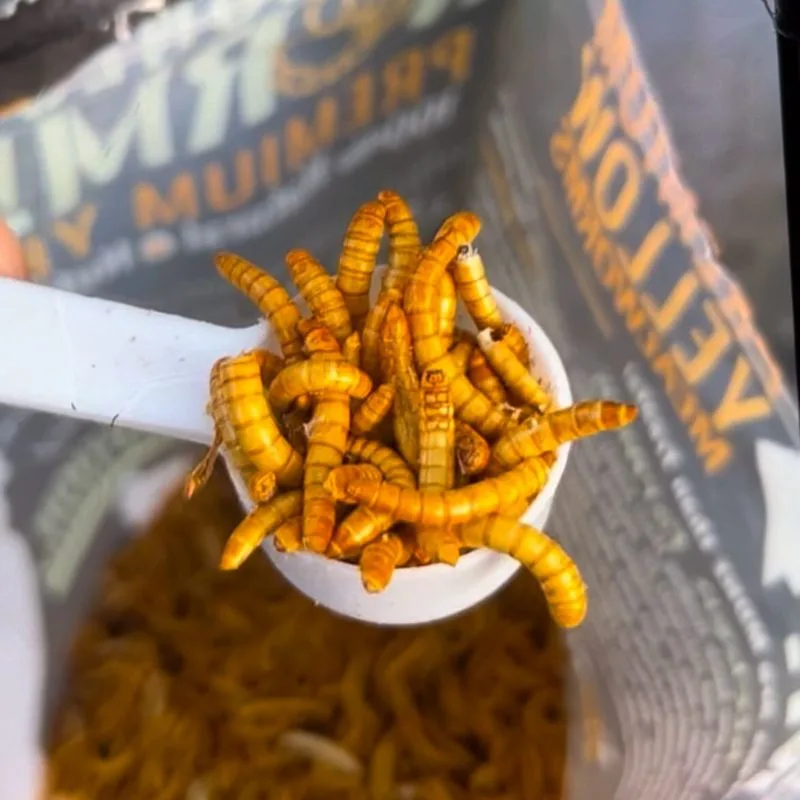
Mealworms are protein-rich and an excellent treat for insect-eating birds. They mimic natural food sources, making them a preferred option for many species. Offering live or dried mealworms can attract a wide range of birds, providing essential nutrients for growth and development.
Safe Alternative: Berries
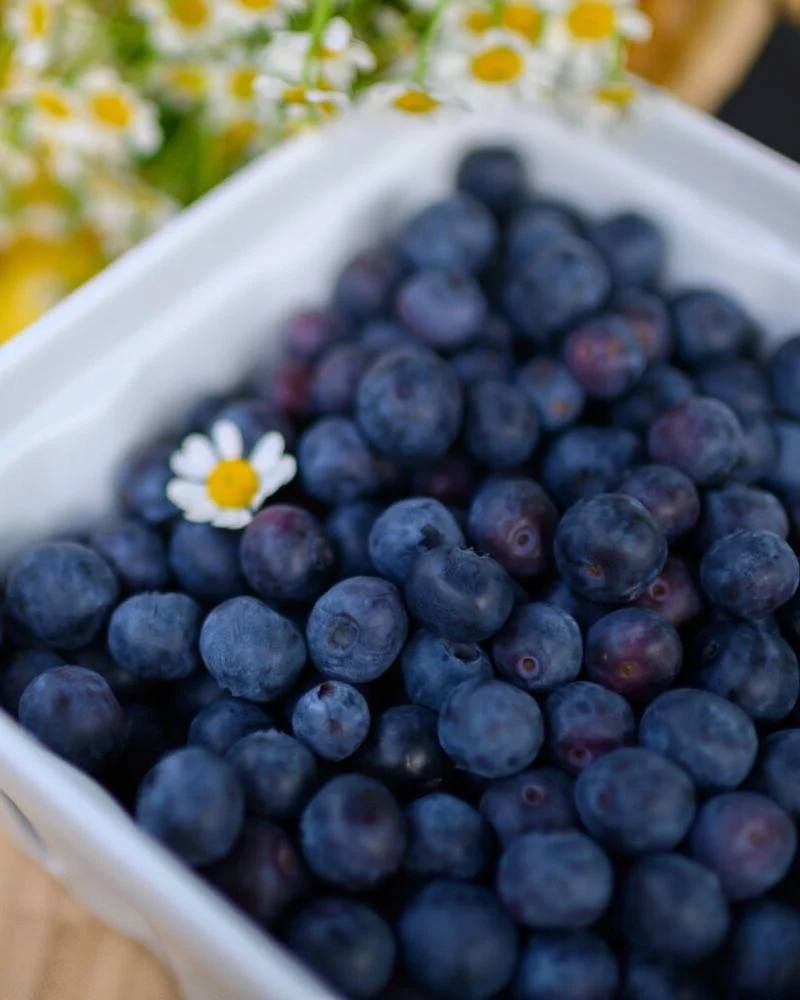
Berries are a natural food source, rich in vitamins and antioxidants. Birds relish the sweet taste, and they offer numerous health benefits. Varieties like blueberries, strawberries, and raspberries can be offered fresh or dried. Ensure berries are free from pesticides and safe for bird consumption.
Safe Alternative: Nyjer Seeds
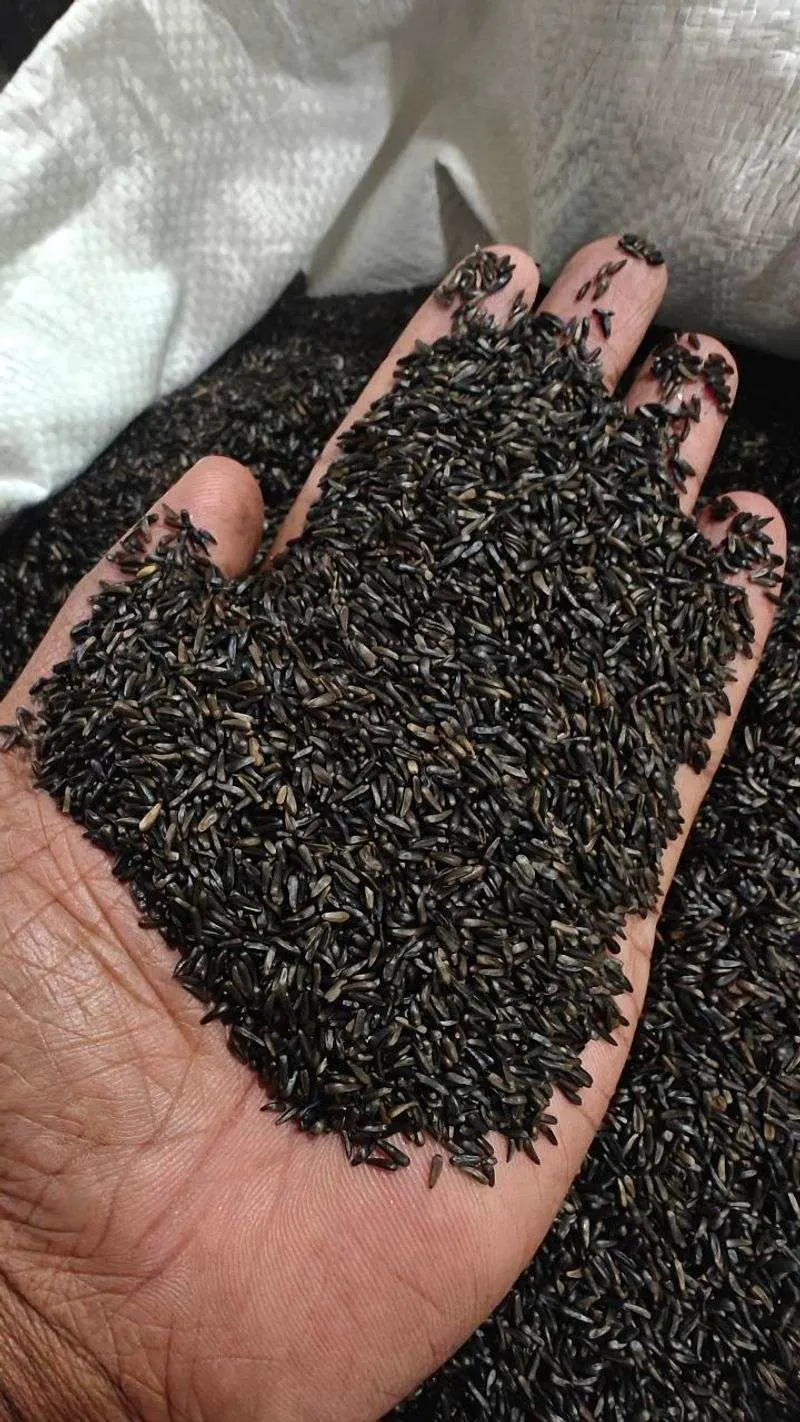
Nyjer seeds, also known as thistle seeds, are a hit among finches and other small birds. They’re high in oil content, providing essential energy. Nyjer seeds require special feeders with tiny holes to prevent spillage, making them an efficient and attractive food option.
Safe Alternative: Fresh Vegetables
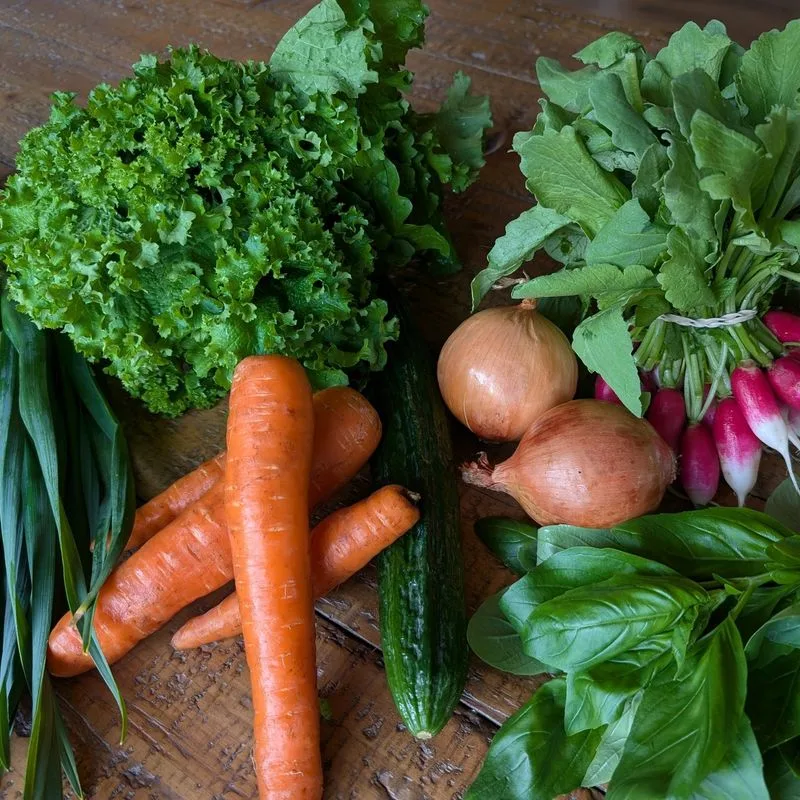
Fresh vegetables like carrots, peas, and leafy greens offer essential nutrients without harmful additives. They’re a great source of vitamins and minerals, supporting overall health. Providing chopped or shredded vegetables can entice a variety of birds, ensuring they enjoy a balanced and nutritious diet.

